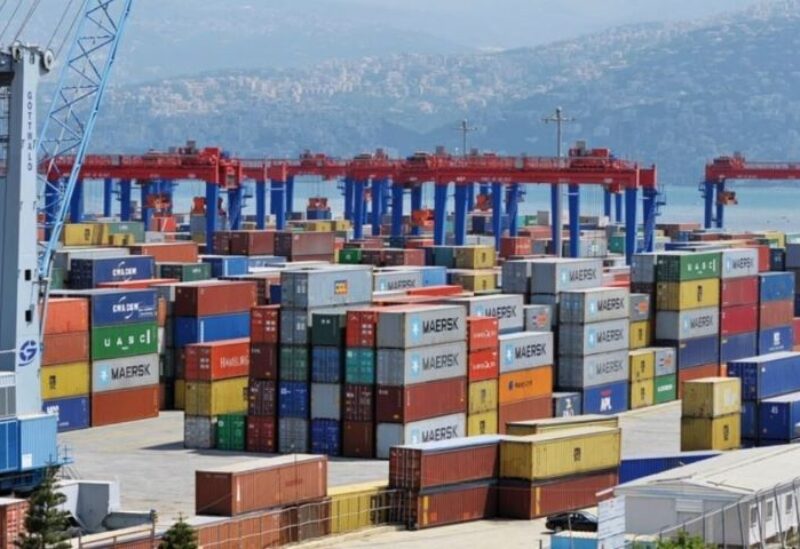
Some industrialists export around 70 percent of their production to Saudi Arabia
A diplomatic rift between Lebanon and Saudi Arabia has prompted Riyadh to ban Lebanese exports to their markets, a move that is considered a painful blow to the industrial and agricultural sectors.
This setback comes a few months after Saudi Arabia’s decision that prohibited the entrance of agricultural products originating or transiting through Lebanon, after it confiscated quantities of drugs in a pomegranate shipment. The decision has impacted the agricultural severely, as exports to Saudi Arabia represented about 16 percent of the total value of agricultural exports in 2020, according to the Lebanese Customs.
Major export destination
The President of the Association of Lebanese Industrialists (ALI), Fadi Gemayel, confirmed to Sawt Beirut International (SBI) the importance of the Saudi market for the Lebanese industry, and said: “We are paying the cost of the irresponsible policies and behaviors.” Saudi Arabia has long been a major destination for industrial exports and a springboard to the Gulf states. According to the Lebanese Customs, the value of industrial exports to Saudi Arabia amounted to $236 million in 2019 and $183 million in 2020.
“Industrialists have been investing in the Saudi market for a long time,” Gemayel added, and some industrialists export around 70 percent of their production to Saudi Arabia. Therefore, this decision will affect a large number of families and workers in the industrial sector, including food industries, leather, paper, stationery, industrial equipment, electrical equipment and others. Gemayel added that searching for alternative export markets is not an easy task, given that shipping through Syria is an expensive and tedious process. The repercussions of this decision will extend beyond other sectors that intersect with the industry, such as the advertising and transportation sectors.
This setback comes at a time the economy is suffering from lack of dollars, and where industrialists are trying to grab opportunities and benefit from the fresh dollar they are securing from these exports. Ziad Beckdach, Vice President of ALI told SBI that devaluation has reduced the industrialists’ costs, and therefore made the local industrial products more competitive in the international markets, and industrialists were striving to double their exports next year.
High risks
Industrialists have also sparked fears from another Saudi decision that would ban imports of Saudi products to Lebanon, as industrialists import a wide range of plastic and chemical raw material, according to Gemayel.
Bekdach added: “We are concerned about additional decisions coming from another Gulf countries that would also ban Lebanese products, and this will be an even bigger hit to the economy and industrial sector.”
Industrialists are seriously considering transferring their investments from Lebanon to other countries due to the uncertainty that the country is witnessing at all levels. A number of industrialists who have logistical capabilities have moved the Saudi market service center to other countries to avoid the imposed ban. Bekdach concluded that Lebanon will incur substantial losses in investments, taxes and job opportunities as a result of the prevailing policies.